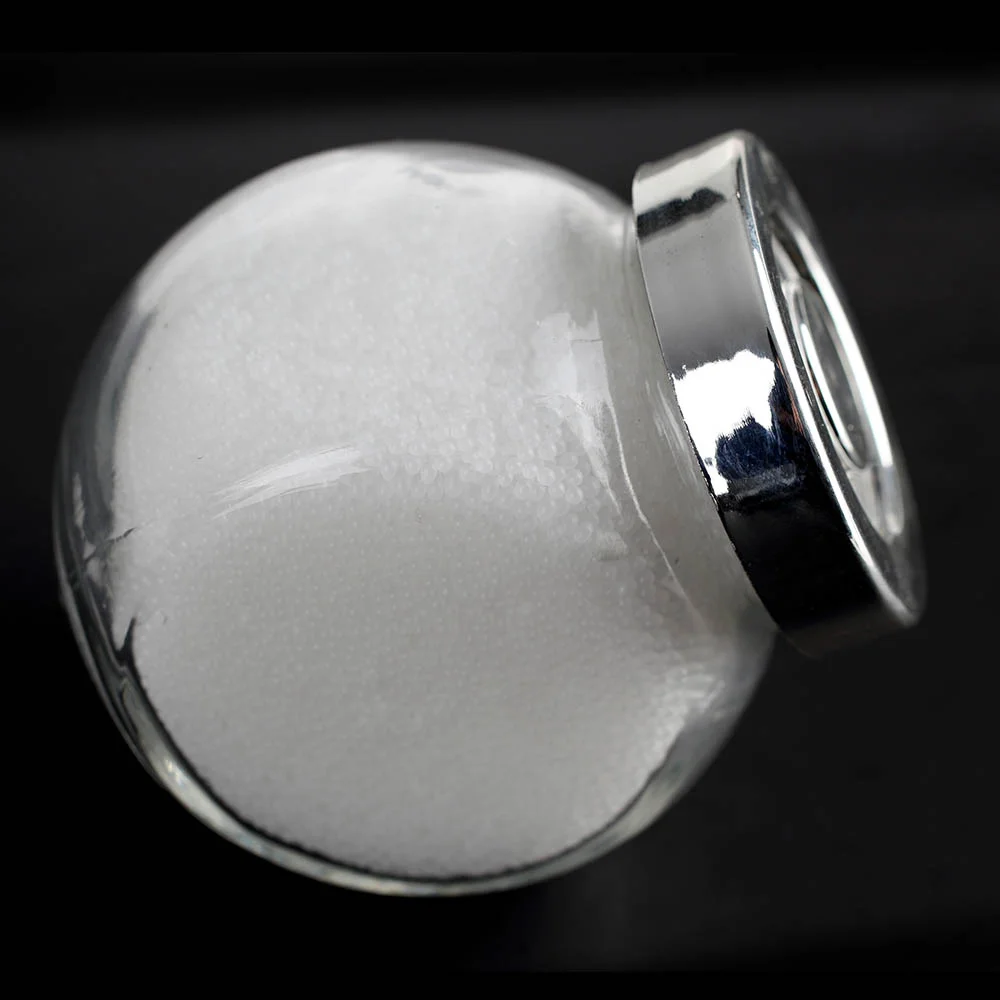Importing EPS Raw Material from China
Importing EPS raw material from China allows businesses to access high-quality expanded polystyrene at competitive prices. With reliable suppliers, you can ensure consistent density, purity, and performance for your manufacturing needs. We guide you through sourcing, quality inspection, and shipping, helping streamline the import process while reducing costs and ensuring timely delivery for your production projects.
Why Choose Our EPS Raw material
Choosing the right expanded polystyrene (EPS) raw material is crucial for the success of your projects, whether you are in construction, packaging, or any other industry that relies on high-quality, reliable materials.
-
Lightweight – EPS raw material is extremely light, reducing transportation costs and making it easier to handle during manufacturing, installation, and construction processes.
-
Excellent Insulation – It provides superior thermal insulation, helping maintain temperature stability in buildings, packaging, and refrigeration, reducing energy consumption and improving efficiency.
-
Moisture Resistant – EPS resists water absorption, preventing mold, mildew, and structural damage, making it ideal for packaging, construction, and insulation applications.
-
Durable and Strong – Despite its light weight, EPS raw material is resilient, providing long-lasting performance, impact resistance, and structural stability in various applications.
-
Environmentally Friendly – EPS is recyclable and reusable, allowing businesses to reduce waste, support sustainability initiatives, and meet environmental compliance standards.
-
Cost-Effective – Its low production and transportation costs make EPS an economical choice for packaging, insulation, and construction, delivering high value for large-scale projects.
EPS Raw material Manufacturer
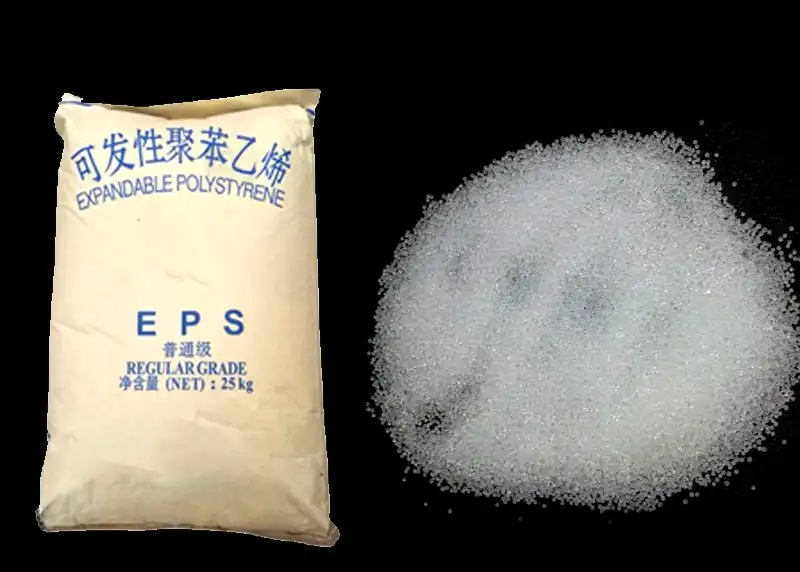
Choosing our EPS raw material is a decision grounded in numerous compelling advantages. Our EPS raw materials are manufactured to the highest standards, ensuring superior quality and consistency across all batches. This high level of purity translates into a product free from impurities and contaminants, offering exceptional reliability.
High Quality and Consistency
Our manufacturing processes ensure that you receive EPS raw materials that meet the highest standards of quality and consistency, enhancing the reliability and performance of your end products.
Customized Solutions
We offer tailored EPS solutions to meet your specific project requirements, whether it’s for insulation, packaging, or other applications, ensuring optimal performance and satisfaction.
Cost Savings
By sourcing EPS raw material directly from us, you can benefit from competitive pricing and reduced middleman costs, resulting in significant savings for your business.
Strong Customer Support
Our dedicated customer service team provides comprehensive support, including technical assistance, timely delivery, and responsive communication, ensuring a smooth and efficient import process.
Various EPS Raw Materials
Expanded Polystyrene (EPS) raw materials come in different types and grades, each suited to specific applications. Here are some common varieties of EPS raw materials:
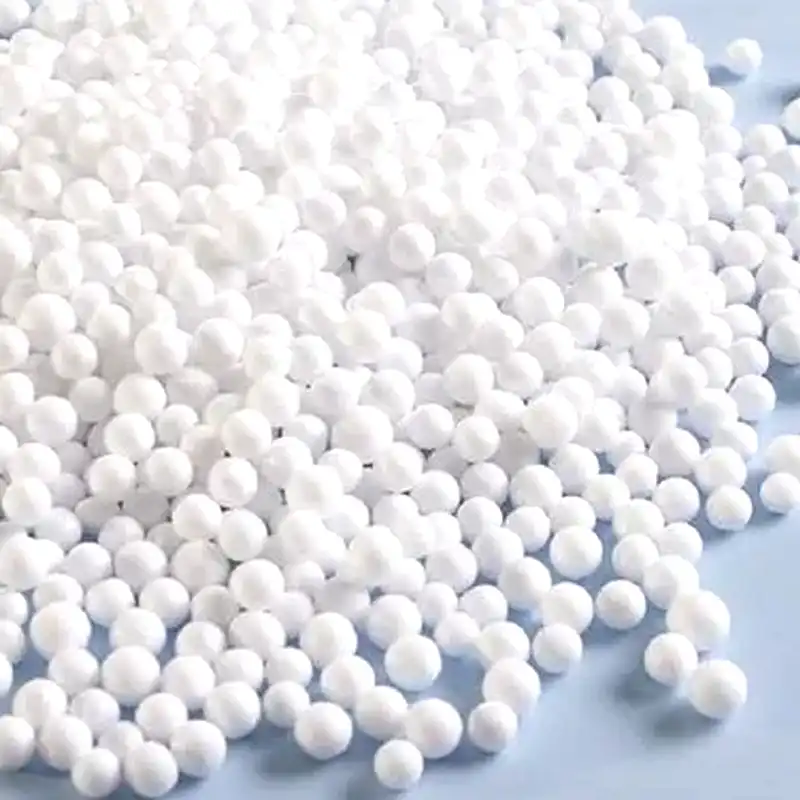
Standard EPS Beads
Standard EPS beads are the most commonly used form of EPS. They are lightweight and provide excellent thermal insulation. These beads can be expanded and molded into a variety of shapes and sizes, making them ideal for general-purpose applications such as insulation panels, packaging, and lightweight construction blocks.
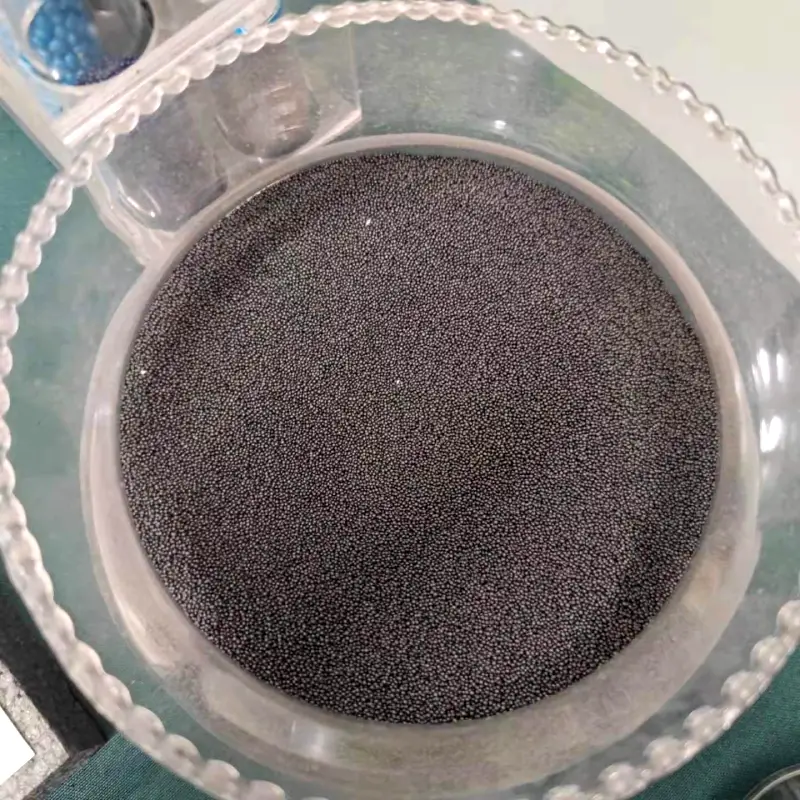
Graphite-Infused EPS (Grey EPS)
Graphite-infused EPS contains fine particles of graphite, which significantly enhance its thermal insulation properties. This type of EPS is often used in applications where superior insulation performance is required, such as in energy-efficient buildings and high-performance insulation boards.
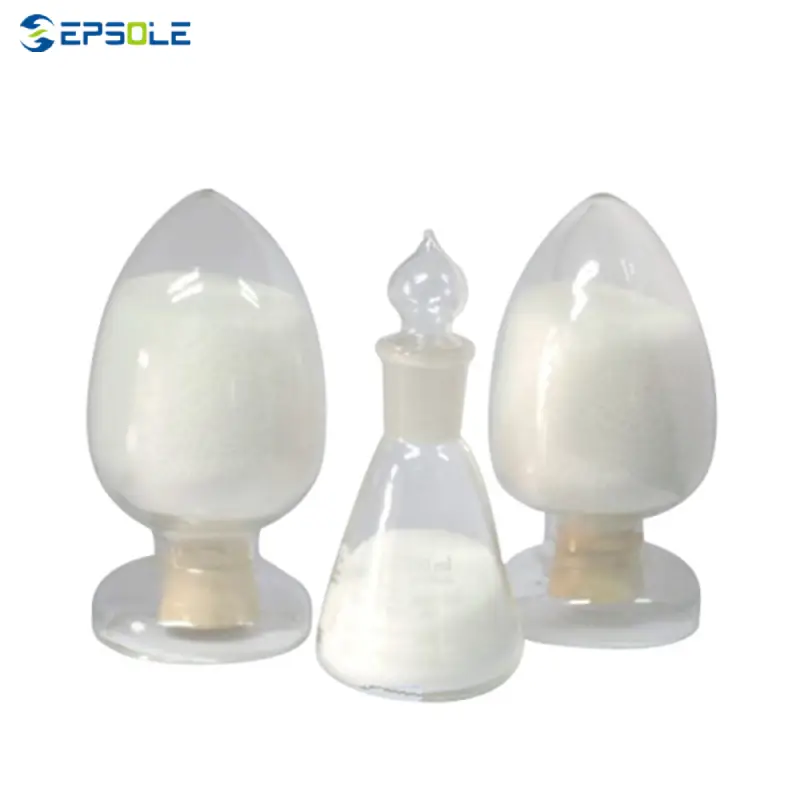
Flame-Retardant EPS Raw Material
Flame-retardant EPS is treated with flame-retardant additives to enhance its resistance to fire. This makes it suitable for use in applications where fire safety is a critical concern, such as in building insulation, safety packaging, and certain industrial uses.
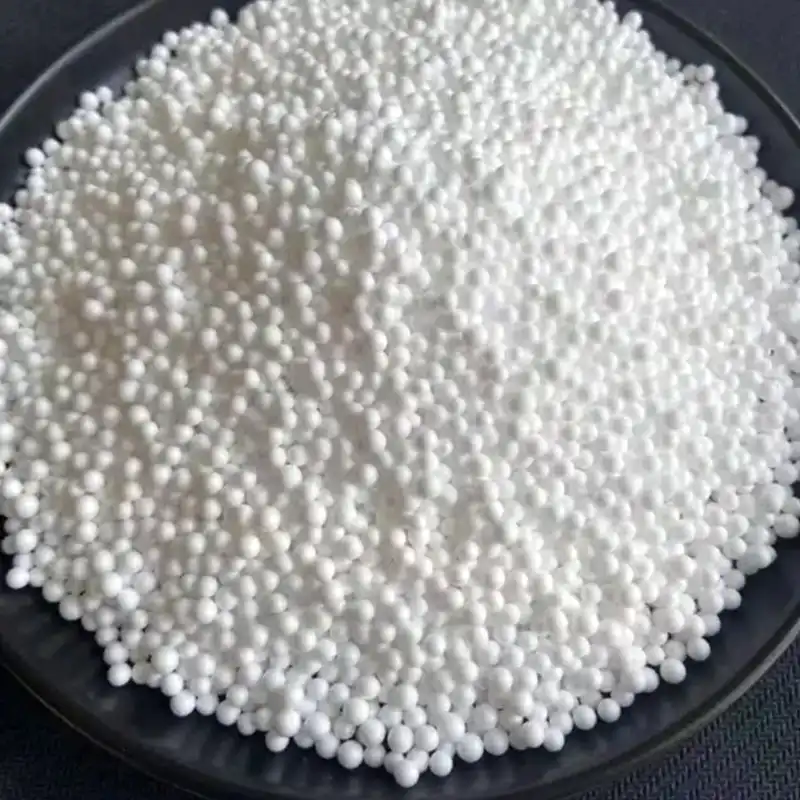
High-Density EPS Material
High-density EPS has a greater mass per unit volume compared to standard EPS. It offers increased strength and durability, making it ideal for structural applications, such as load-bearing insulation panels, heavy-duty packaging, and reinforced construction elements.
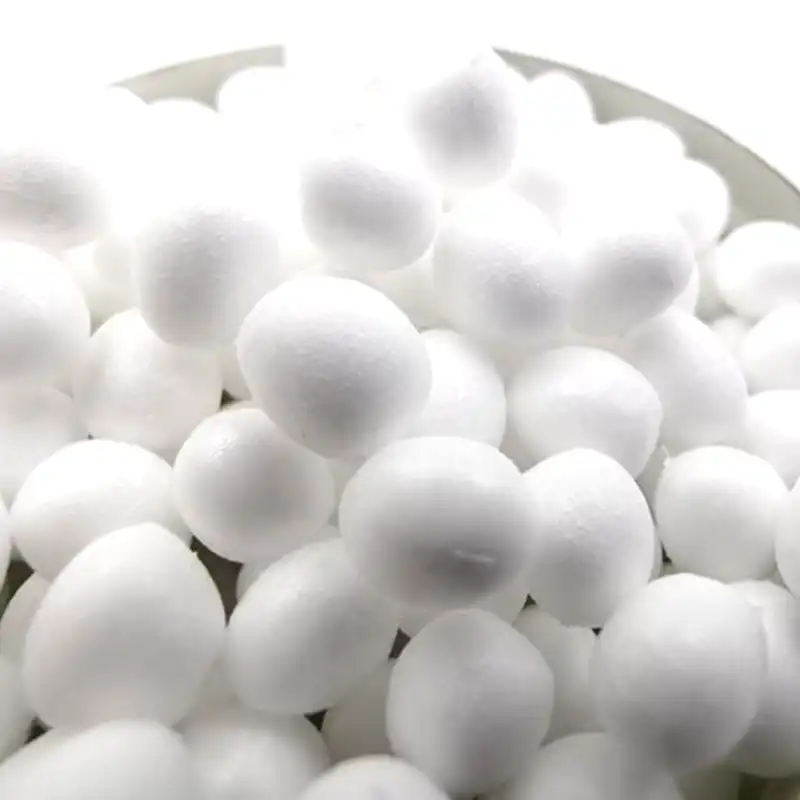
Pre-Expanded EPS Beads
Pre-expanded EPS beads are partially expanded during manufacturing, reducing the need for further expansion during molding. This type of EPS is often used in applications where precise control over bead expansion is required, such as in intricate mold designs and detailed product shapes.
FAQs about EPS Raw Material
What is EPS raw material?
EPS (Expanded Polystyrene) raw material is a lightweight, rigid, plastic foam material produced from solid beads of polystyrene. It is commonly used for insulation, packaging, and construction applications due to its excellent thermal and acoustic insulation properties, as well as its durability and versatility.
What are the primary uses of EPS raw material?
EPS raw material is used in a variety of applications including:
- Building insulation (walls, roofs, and foundations)
- Packaging for protecting goods during shipping
- Lightweight construction blocks and panels
- Decorative architectural elements
- Molded products such as coolers, helmets, and car seats
What are the benefits of using EPS raw material?
The benefits of using EPS raw material include:
- Superior thermal and sound insulation properties
- High strength-to-weight ratio
- Impact resistance and durability
- Ease of handling and installation
- Cost-effectiveness
- 100% recyclability and environmental sustainability
Is EPS raw material environmentally friendly?
Yes, EPS raw material is environmentally friendly. It is 100% recyclable, and the manufacturing process has a relatively low environmental impact compared to alternative materials. Additionally, the energy savings provided by EPS insulation contribute to its sustainability.
How is EPS raw material manufactured?
EPS raw material is manufactured by polymerizing styrene monomers to form polystyrene beads. These beads are then expanded using steam to create a foam structure. The expanded beads are molded into various shapes and sizes depending on the intended application.
What is the difference between standard EPS and graphite-infused EPS?
Standard EPS is made from pure polystyrene beads, while graphite-infused EPS contains fine particles of graphite. The addition of graphite enhances the thermal insulation properties of EPS, making graphite-infused EPS (often called Grey EPS) more effective for high-performance insulation applications.
Can EPS raw material be used in fire-prone areas?
Yes, flame-retardant EPS is specifically designed for use in fire-prone areas. It is treated with flame-retardant additives that enhance its resistance to ignition and slow down the spread of flames, making it suitable for applications where fire safety is critical.
How do I choose the right type of EPS raw material for my project?
Choosing the right type of EPS raw material depends on your specific project requirements. Consider factors such as:
- The level of thermal and sound insulation needed
- Structural strength and load-bearing requirements
- Fire safety considerations
- Environmental sustainability goals
- Budget constraints
Is EPS raw material safe for food packaging?
Yes, EPS raw material is safe for food packaging. It is non-toxic, chemically inert, and does not provide a breeding ground for bacteria or mold. EPS is commonly used for packaging food items such as meat trays, egg cartons, and disposable cups.
How can I recycle EPS raw material?
EPS raw material can be recycled through specialized recycling programs. Recycling typically involves grinding the EPS into small pieces, which are then melted and reformed into new EPS products. Many municipalities and recycling centers accept EPS for recycling, and there are also dedicated EPS recycling facilities.

